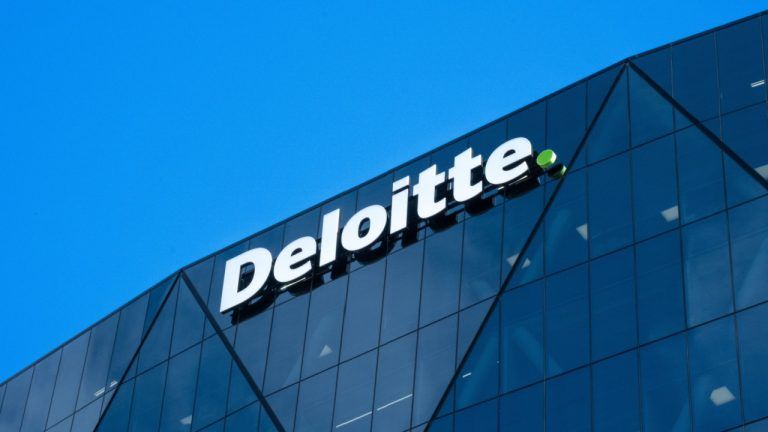
A recent report by Deloitte has shed light on the promising future of the global tokenized real estate market, with projections indicating substantial growth over the next decade. The report forecasts that the market, which currently stands at $0.3 trillion in 2024, is expected to soar to a staggering $4 trillion by 2035. This translates to an impressive Compound Annual Growth Rate (CAGR) of 27%.
One of the key drivers behind this exponential growth is the increasing adoption of blockchain technology, which enables fractional ownership of real estate assets and enhances operational efficiency. By leveraging blockchain technology, real estate can be tokenized, meaning that ownership of properties can be divided into smaller, more affordable units, allowing a broader range of investors to participate in the market.
The report highlights the significant role that tokenized private real estate funds are expected to play in this growth trajectory, with projections indicating a substantial increase to $1 trillion. This shift towards tokenization offers numerous benefits for both investors and property owners. For investors, it provides access to a previously inaccessible asset class, offering diversification and potential for higher returns. Property owners, on the other hand, benefit from increased liquidity, as tokenized assets can be traded more easily on secondary markets.
In addition to tokenized private real estate funds, the report also points to the growth potential of tokenized loans in the real estate market. By tokenizing loans, lenders can streamline processes, reduce costs, and increase transparency. This innovation has the potential to revolutionize the way real estate financing is conducted, making it more efficient and accessible to a wider range of borrowers.
The report underscores the importance of regulatory clarity and industry standards in fostering the growth of the tokenized real estate market. As the market continues to expand, regulators will need to establish clear guidelines to ensure investor protection and market integrity. Moreover, industry players will need to work together to develop common standards and best practices to drive adoption and ensure interoperability across different platforms.
Overall, the outlook for the tokenized real estate market is highly optimistic, with blockchain technology poised to revolutionize the way real estate assets are bought, sold, and financed. As the market matures and regulatory frameworks evolve, we can expect to see a more democratized and efficient real estate market that offers new opportunities for investors and property owners alike.

Leave a Reply